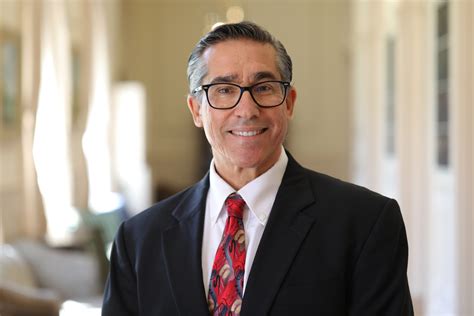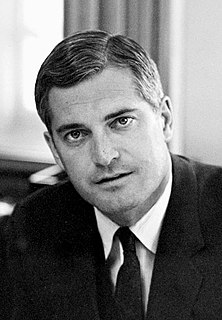A Quote by Francis J. Beckwith
Moving from unbelief, to Evangelicalism, and finally home to the Catholic Church, Professor Holly Ordway reveals how a gifted mind, longing for transcendence, can only appropriate it if it is wholly given by the reach and power of God's grace.
Related Quotes
If we let ourselves believe that man began with divine grace, that he forfeited this by sin, and that he can be redeemed only by divine grace through the crucified Christ, then we shall find peace of mind never granted to philosophers. He who cannot believe is cursed, for he reveals by his unbelief that God has not chosen to give him grace.
In many ways, American evangelicalism is somewhat stronger today than it was in, say 1955 - certainly more mainstream and influential in the culture as a whole. But, the increased strength of evangelicalism hasn't increased fast enough to compensate for the total collapse of mainline Protestantism and the pretty steady weakening of my own Roman Catholic Church.
One major difference between Mormons and evangelicals on the subject of revelation is that Latter-day Saints believe that God has appointed modern-day prophets and apostles to receive revelation for Christ's church. All church members may receive revelation appropriate for their particular callings or positions within the church and their families, but never in contradiction to church doctrine or policy. So Mormonism has both a democratic practice of revelation that would resonate with evangelicals, but also an institutional understanding of revelation foreign to evangelicalism.
In a society where rationality has ruled so long, the church frequently fails to see that in forsaking the weekly pursuit of the transcendent, we have given up the only ground that was uniquely ours in this world. In attempting to make the church something that can attract and add value to secular mind-sets, we have turned our backs on our one true proposition - transcendence.
Growing up in New Orleans, my mom and dad were churchgoers. I would go to church with them. Also, I was going to a Catholic school so I had a fascination with the Catholic Church mainly because, in my mind, (their services) didn't take as long. I was bouncing in between my mom's Baptist church, which was called Second Zion Baptist, and going to a Catholic Church.
It is true that some have greater power of resistance than others, but everyone has the power to close his heart against doubt, against darkness, against unbelief, against anger, against hatred, against jealousy, against malice, against envy. God has given this power unto all of us, and we can gain still greater power by calling upon Him for that which we lack. If it were not so, how could we be condemned for giving way to wrong influences?
We live in a church culture that has a dangerous tendency to disconnect the grace of God from the glory of God. Our hearts resonate with the idea of enjoying God's grace. We bask in sermons, conferences, and books that exalt a grace centering on us. And while the wonder of grace is worthy of our attention, if that grace is disconnected from its purpose, the sad result is a self-centered Christianity that bypasses the heart of God.






































